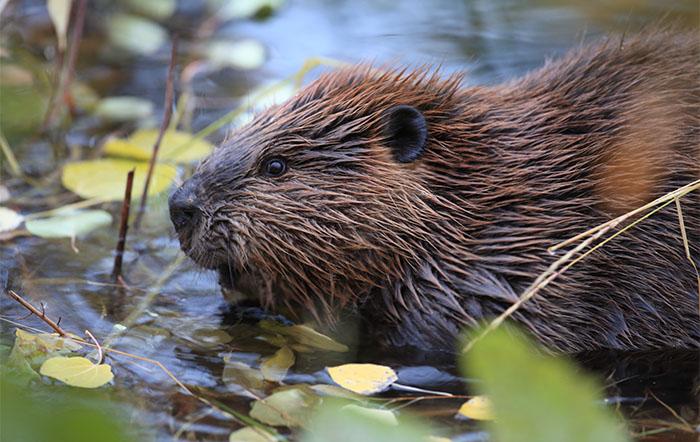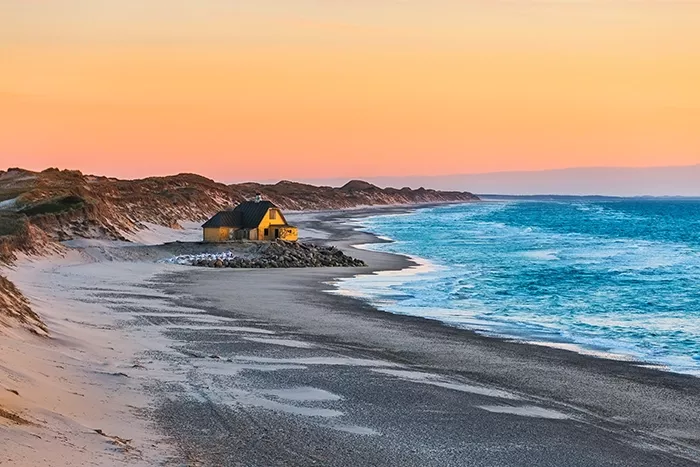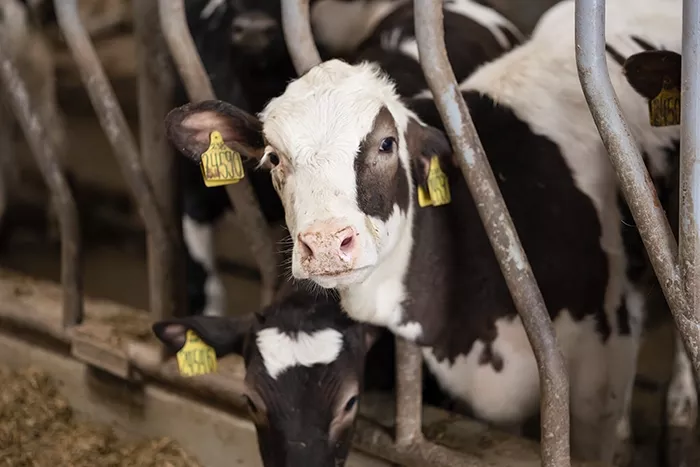In an article for The Conversation, Florian Steig, DPhil candidate at the School of Geography and the Environment, unpacks what Danish climate migration drama, Families Like Ours, gets wrong about rising sea levels.
News
New independent group to help tackle 'greenwashing'
Dr Ben Caldecott will contribute to a new independent group set up by HM Treasury to help tackle greenwashing in financial services. The expert group will support investors, consumers and businesses to make green financial decisions.

Dr Edward Oughton runner up in prestigious Lloyd's 2021 Science of Risk awards (Cyber category)
Dr Edward Oughton was awarded Runner Up in Lloyd's 2021 Science of Risk awards (Cyber category). The prize was for Dr Oughton's research quantifying the vulnerability of electricity networks from cyberattacks. The prestigious Lloyd's Science of Risk prizes are awarded to esteemed academics and PhD students who, through their published scientific work, further the understanding of risk and insurance.

How I have learned to get the most out of academic conferences
Trisha Gopalakrishna, DPhil Candidate in the Ecosystems Lab Group, provides her top tips to getting the most out of the academic conference experience.
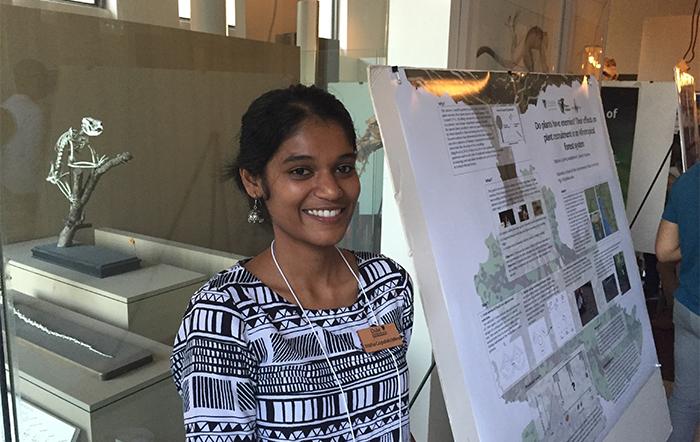
Pastoralist-to-Pastoralist discussion on Covid-19
Pastoralists from Asia and Africa led a unique international discussion on April 19, 2021. This inspiring event brought together pastoralists from Kyrgyzstan, Kenya, Mongolia and Tanzania to talk about their lives, herding and the impact of the Covid-19 pandemic. The 'Covid-19 and Pastoralists - International Virtual Forum' was the first effort to foster pastoral debate and engagement across continents, and was organised by Drs Troy Sternberg and Ariell Ahearn.
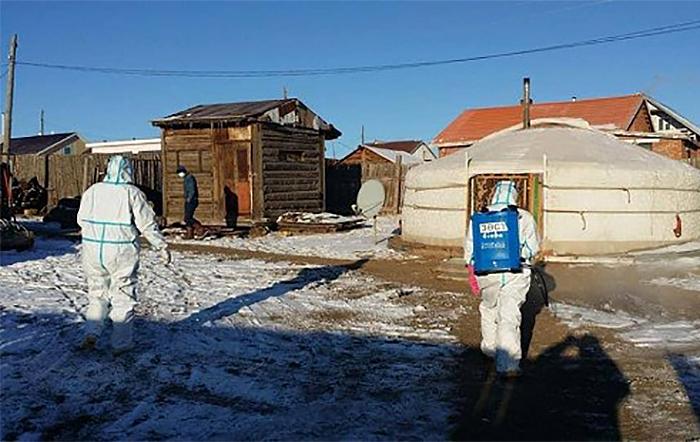
£30 million official backing for Oxford-led greenhouse gas removal programme
Coordinated by an Oxford team including Cameron Hepburn and Stephen Smith, the CO2 Removal Hub launched today with £30million in funding to explore innovative ways of stabilising our climate.
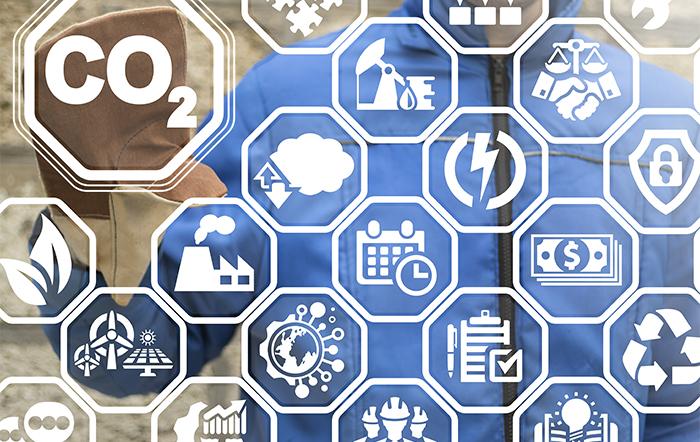
Nature-based solutions highly effective in long term - Oxford research
Nature-based solutions (NbS) can contribute to the fight against climate change up to the end of our century, according to new Oxford research in the leading scientific journal Nature. The analysis suggests that, to limit global temperature rise, we must slash emissions and increase NbS investment to protect, manage and restore ecosystems and land for the future.

Dr Sneha Krishnan awarded a British Academy / Wolfson Fellowship
Dr Sneha Krishnan has been awarded a British Academy / Wolfson Fellowship, which she will hold from January 2022 to December 2024.

Meet Anita Bharucha, Chief Operating Officer, SSEE
Anita is Chief Operating Officer for the Smith School of Enterprise and the Environment. She helps to ensure that the Smith School runs smoothly and has good governance, and to make sure that the Smith School's fantastic academics and professional staff have what they need to do their jobs.
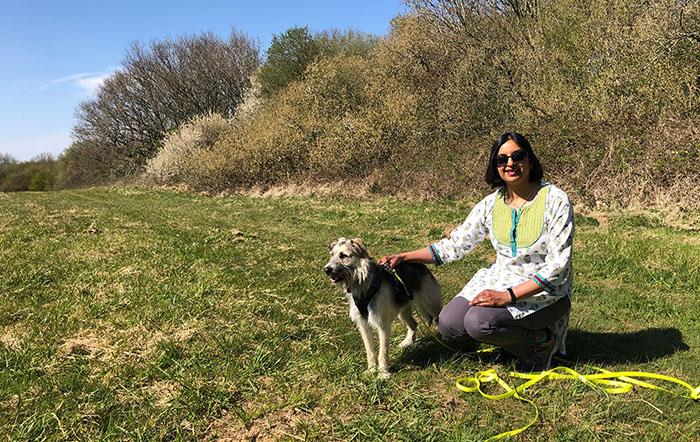
Dr Louise Slater awarded Gill Memorial Award in 2021 RGS-IBG honours
Dr Louise Slater has been awarded the Gill Memorial Award for outstanding early career research in physical geography in the 2021 Royal Geographical Society (with IBG) honours.
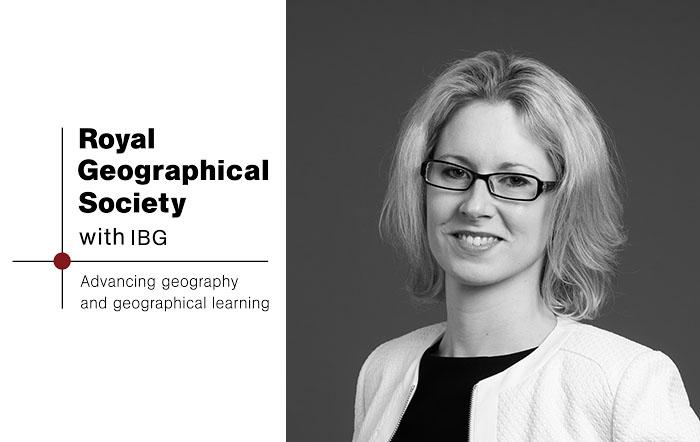
Nature must be a partner, not just a provider of services - Oxford report
Nature based Solutions (NbS) could support transformative change in environmental sustainability - to address major societal challenges, including the climate crisis - according to a new paper from Oxford researchers.
